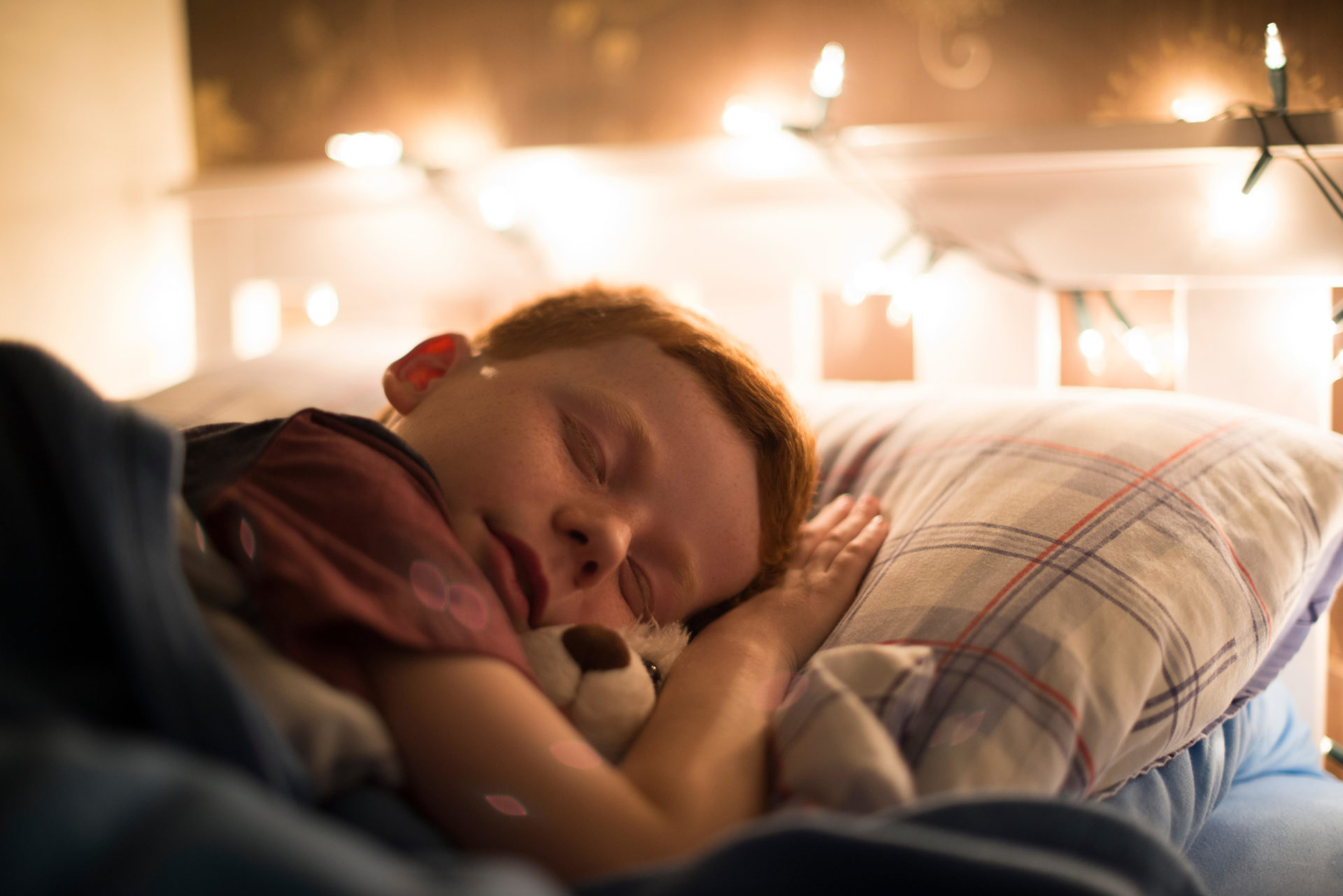Spending excessive time on screens is harming the mental well-being of children, according to a leading health scientist and sleep expert.
Tom Coleman believes children should reduce their screen time and says a blanket phone ban in schools “can’t come quickly enough.”
It comes as health authorities in Sweden have published new guidelines recommending that teenagers aged 13 to 18 should have a maximum of three hours of screen time per day.
For children aged six to 12, the recommendation is two hours, while those aged between two and five should be limited to one hour. No screen exposure is recommended for children under two.
On Lunchtime Live today, Mr Coleman said excessive screen time is very damaging for children.
“If we look at different bodies of research, screen time has been shown to be associated with lower mental wellbeing, less curiosity, lower self-control, increased distractibility and more difficulty making friends,” he said.
“We can go on and on and cite research after research, there’s any amount of data out there and it’s not good for children.
“There's enough evidence now out there for us to start to put things in place that protect our children.”
Addictive
He said mobile phones are “highly addictive”.
“It's like having an endless supply of crack cocaine there," said Mr Coleman.
“It's the same chemical pathway in the brain so it’s highly, highly addictive.
“It falls down to us parents and hopefully with the support of Government through legislation to protect our children."
 A child asleep in bed. Image: The Picture Pantry Ltd. t/a Park Lane Pictures / Alamy Stock Photo
A child asleep in bed. Image: The Picture Pantry Ltd. t/a Park Lane Pictures / Alamy Stock PhotoMr Coleman said phones are also detrimental to a good night’s sleep.
“The light deactivates melatonin production," he said.
“It tells the brain it’s the middle of the day if you’re on the phone at night when you should be sleeping.
“If we’re reading, it’s a passive part of the brain that’s being entertained whereas scrolling is very stimulating but nobody feels good after two hours of scrolling.
“I like to disconnect devices one or two hours prior to bed.”
Shortsightedness
Fiona Brennan, a sleep expert and author, said more and more people are becoming short-sighted than ever due to excessive screen use.
“I'm qualified 30 years and I've seen a massive explosion of myopia, which is for your reduced vision in the distance, in the last 10 or 15 years because of screen time," she said.
“By 2050, half the world's population, that's four billion people, they're going to be short-sighted. Short-sightedness is myopia.
“It's where your eyeball is growing and stretching and growing much faster than it should and it's becoming unhealthy.”
Ms Brennan added that myopic eyes can lead to further complications such as retinal detachments, cataracts and loss of vision.
You can listen back here:
Main image: Happy child in glasses looking at mini tablet pc screen. Image: Andrey Kuzmin / Alamy Stock Photo









